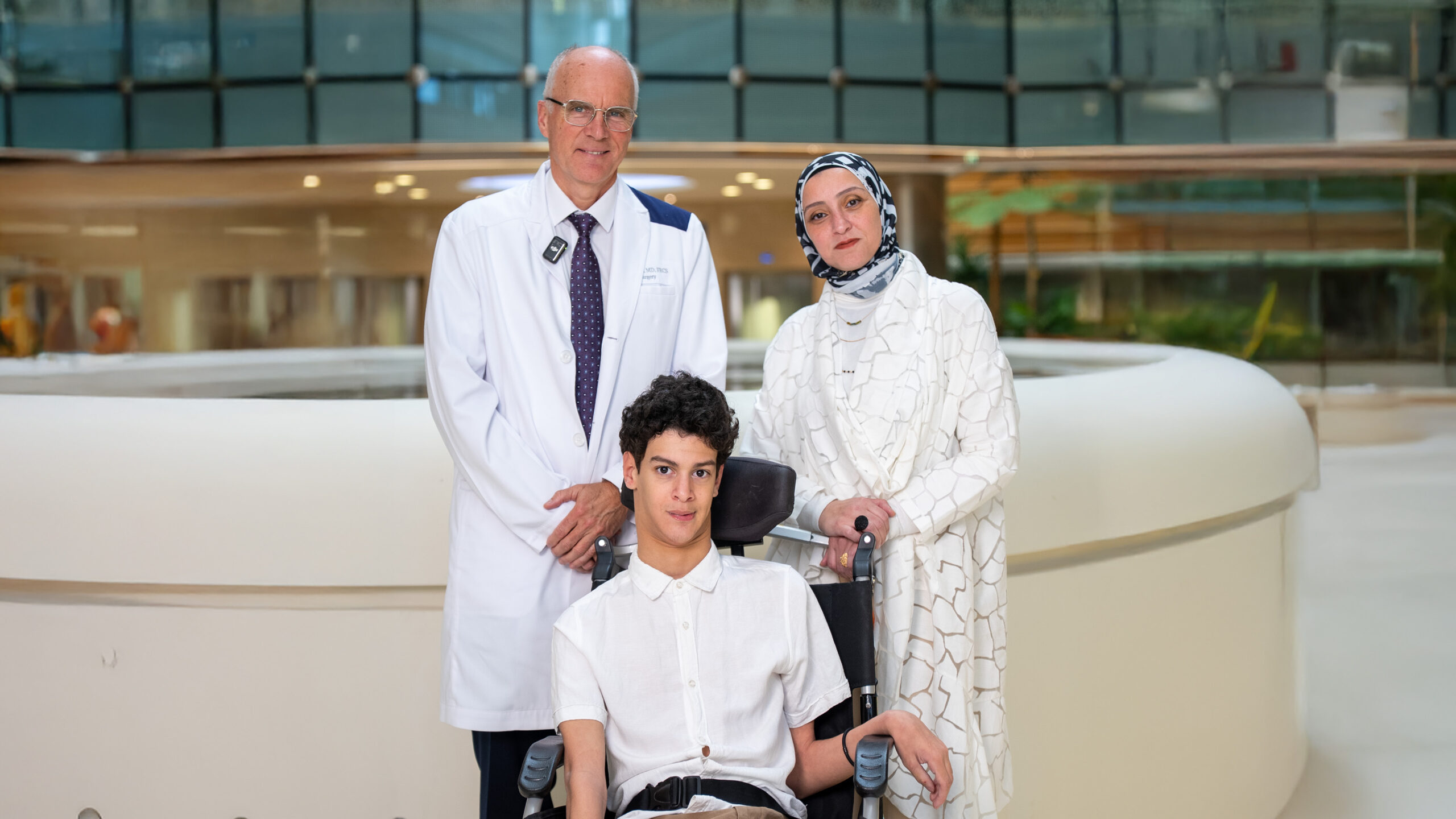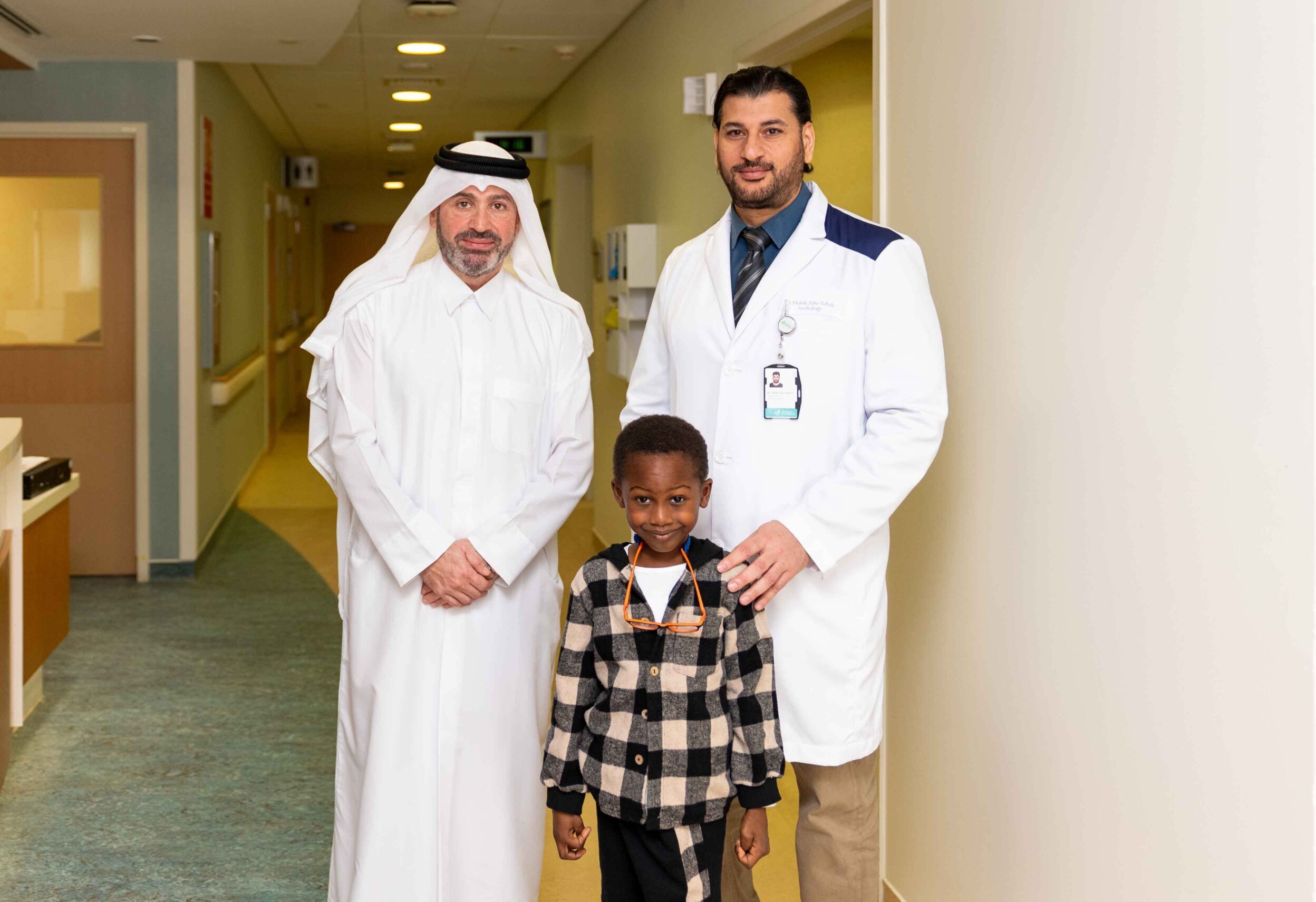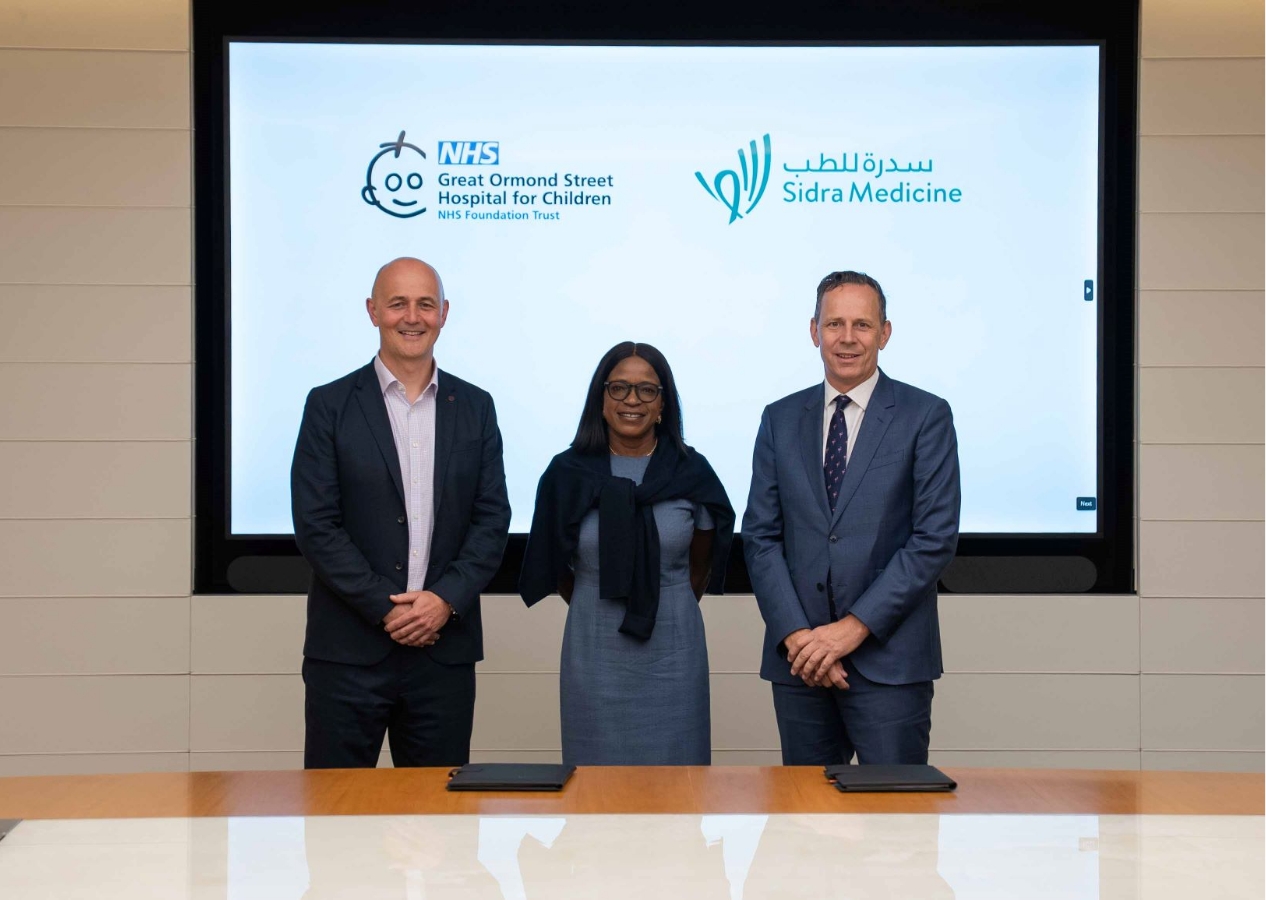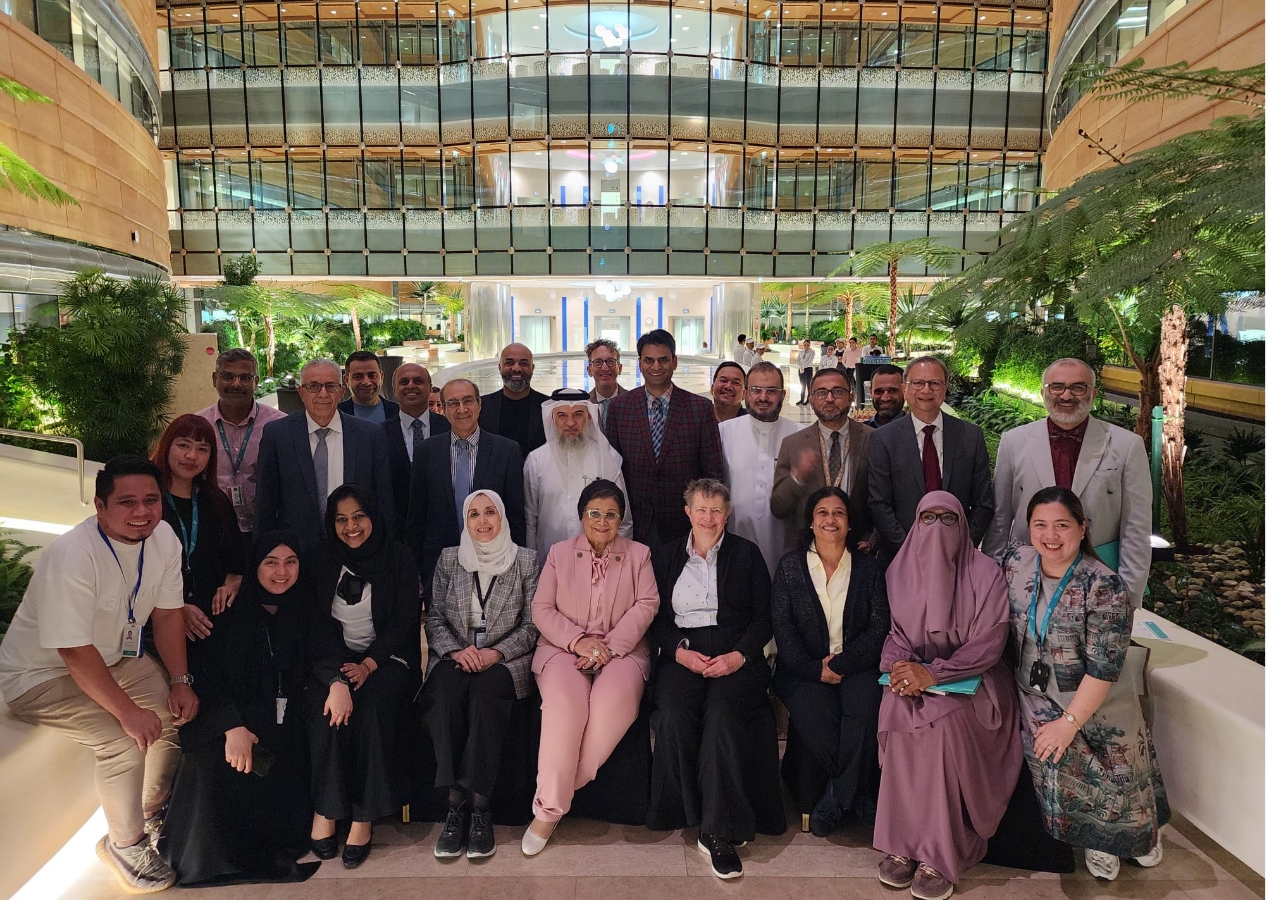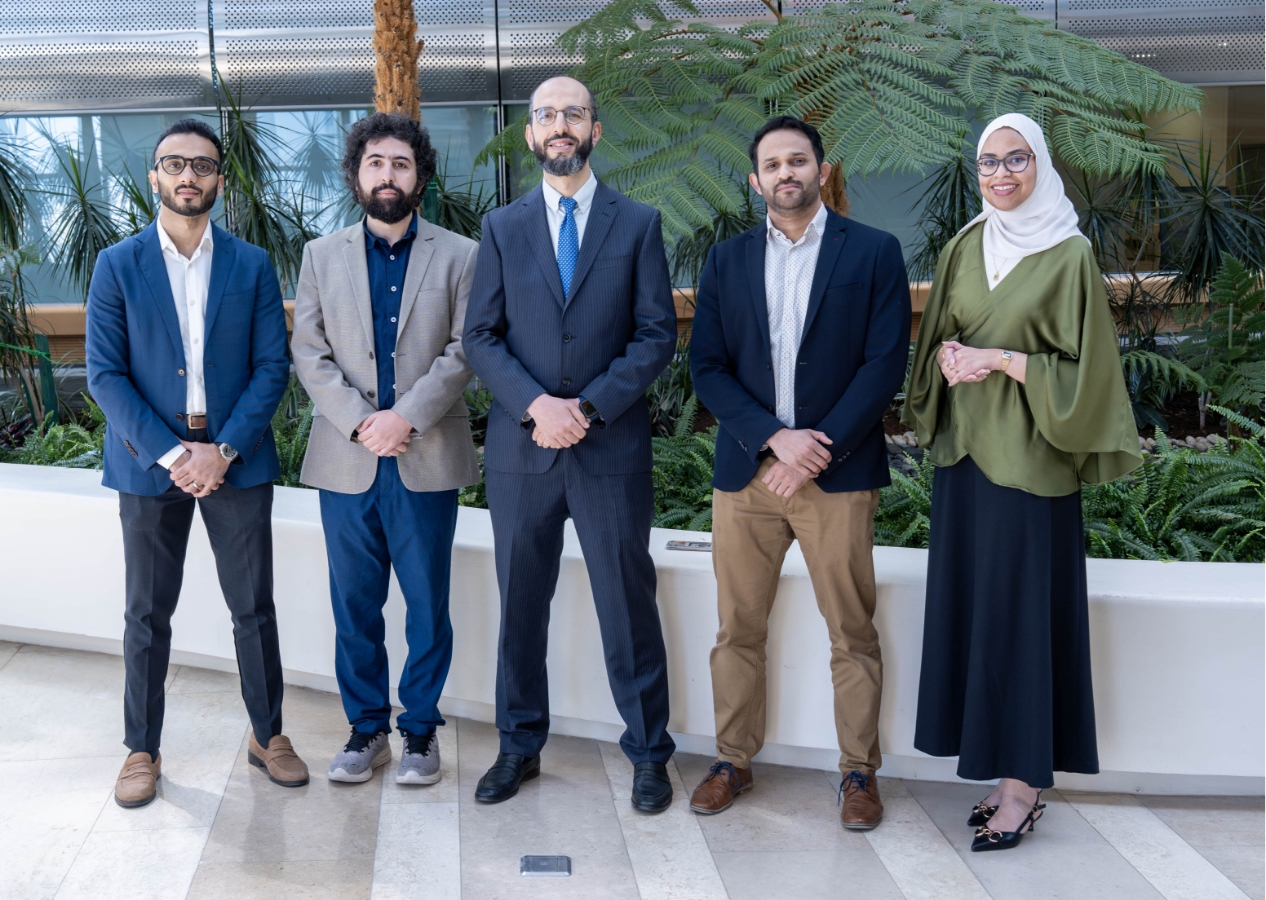Sidra Medicine Contributes to Global Effort on Adipose Tissue Research
Landmark body fat study could enable precision medicine approaches for obesity, diabetes, cardiovascular disease and fatty liver disease
01 July 2025, Doha, Qatar – Sidra Medicine, a member of Qatar Foundation, has contributed to a major international research study published in Nature Metabolism, titled “Towards a consensus atlas of human and mouse adipose tissue at single cell resolution“. The study presents the first global roadmap to standardize how adipose tissue is studied at the single cell level in both humans and mice.
Adipose tissue, commonly known as body fat, is increasingly understood to be a highly active organ that plays a central role in metabolism, immune regulation, and hormone signaling. The connective tissues’ endocrine function regulates energy metabolism, appetite, insulin sensitivity, and inflammation. Dysfunction in this tissue has been linked to a wide range of serious health conditions, including obesity, type 2 diabetes, fatty liver disease, cardiovascular disease, and lipodystrophies.
Led by the Human Cell Atlas Adipose Network, the study bridges the gap between basic research and clinical application by providing clear anatomical definitions, standardizing cell-type annotations, and establishing best-practice guidelines for the production and analysis of single-cell data from adipose tissue. These advancements empower researchers to better understand an organ central to metabolism, immunity, and overall health, while also enabling precision medicine approaches for obesity, diabetes, and other metabolic conditions.
Dr. Luis R. Saraiva, Director of the Congenital Malformations Translational Research Program at Sidra Medicine and co-lead of the study, said: “Despite its critical role in human health, adipose tissue research has long lacked the standardized tools needed for consistent study. This consensus paper changes that. It gives us a shared reference that allows scientists around the world to speak the same language about how we define fat tissue, how we analyze it, and how we apply those findings. That clarity is essential if we want to move from fragmented insights to real breakthroughs in understanding and treating diseases.”
Prof. Khalid Fakhro, Chief Research Officer at Sidra Medicine said: “This landmark study reflects Sidra Medicine’s commitment to advancing research that connects fundamental biology to real world health challenges, and the active role our scientists play in global consortia advancing precision health. By contributing to this Human Cell Atlas effort, we are establishing a reference point that will shape the future of research for conditions like obesity, diabetes and metabolic syndrome, and impact millions of patients suffering from these and other related conditions all around the world.”
The paper brings together over one hundred researchers from leading institutions worldwide, including Harvard Medical School, the University of Chicago, and the University of Southern Denmark. It also highlights the role of the Human Cell Atlas consortium; a global initiative aimed at creating comprehensive reference maps of all human cells. Dr. Saraiva is a founding member of the Human Cell Atlas Middle East Regional Network, reinforcing Sidra Medicine’s growing role as a regional leader in international scientific collaboration.
To read the full study, click here. For more details about Sidra Medicine’s research, please visit: https://www.sidra.org/research.



